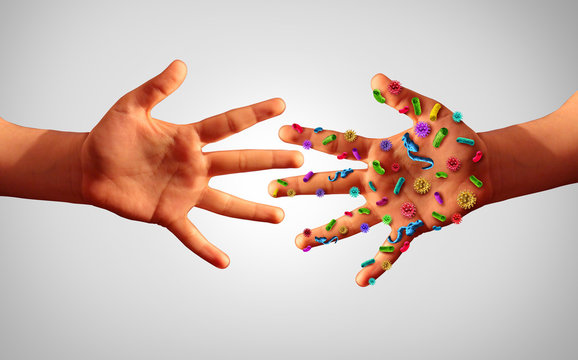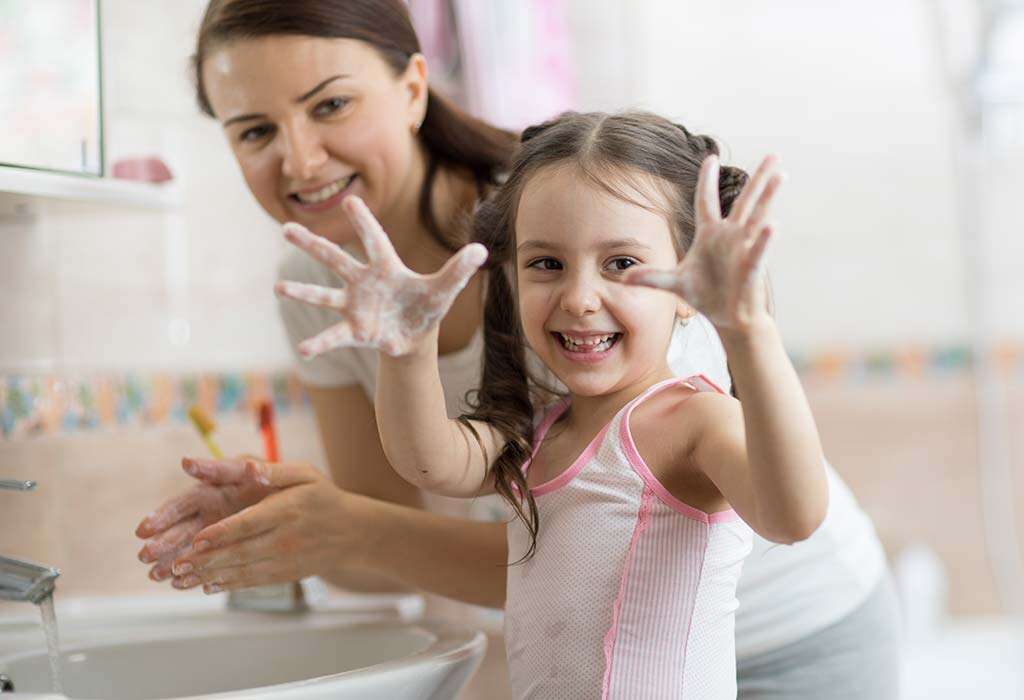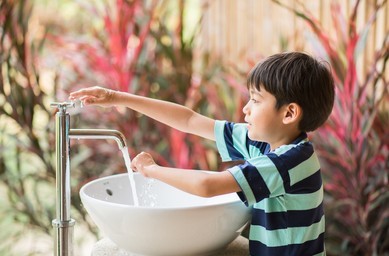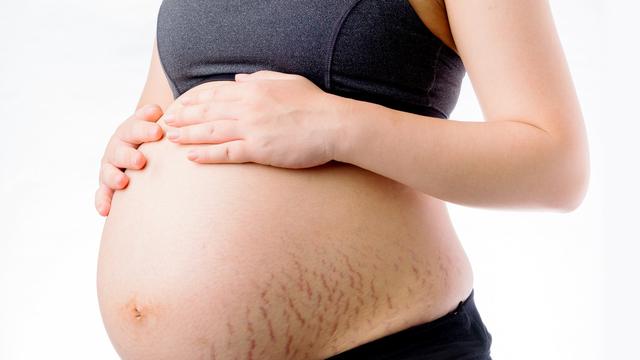As simple as it may seem, proper handwashing is still the most efficient method of removing germs and dangerous bacteria from our hands.
This keeps infections at bay keeping your surroundings safe, fresh, and clean.
There are numerous simple ways to keep your hands clean. Many companies employ sufficient soap and water, or good alcohol-based sanitizers when water is not easily accessible.
When we understand the benefits of keeping our hands as clean as possible while also keeping our environments adequately sanitized, it will be easy to take hand washing more seriously.

Why Is Hand Washing So Important?
Hand washing is by far the best way to keep kids from getting sick and prevent the spread of germs.
:max_bytes(150000):strip_icc()/HowtoProperlyWashHands_770729_Final_1-53dd333dbd5c4d4c82fea8d48c8ff3bd.png)
What’s the Best Way to Wash Hands?
Here’s how to scrub those germs away. Teach this to your kids or better yet, wash your hands together often so they learn how important this good habit is:
- Wet your hands with clean, running water (warm or cold). Make sure the water isn’t too hot for little hands.
- Use soap and lather up for about 20 seconds. Antibacterial soap isn’t a must — any soap will do.
- Make sure you get in between your fingers, on the backs of hands, and under the nails where germs like to hang out. And don’t forget the wrists!
- Rinse and dry well with a clean towel.

The Danger Zones
Bacteria can be found everywhere! They exist within our bodies as well! Some of them are beneficial and necessary for optimal operation, but others can cause havoc. You may become ill if they take over your immune system. The bathroom is the most prevalent site in our homes or workplaces where bacteria can spread. Bathrooms, for obvious reasons, are breeding grounds for bacteria that can be carried and transferred to other things through touch.
Bacteria eventually makes its way into your phones, clothes, doorknobs, and into your body. This is why good handwashing is critical, as it is the first line of defense against bacterial contamination. Advocating for the regular washing of hands, it is also important to note that for our hands to be actually free from germs, they have to be washed the right way.

When Should We Wash Our Hands?
To stop the spread of germs in your family, make regular hand washing a rule for everyone. It’s especially important:
- before eating and cooking
- after using the bathroom
- after cleaning around the house
- after touching animals, including family pets
- before and after visiting or taking care of any sick friends or relatives
- after blowing one’s nose, coughing, or sneezing
- after being outside (playing, gardening, walking the dog, etc.)
How Often Should You Wash Your Hands?
It’s obvious that you need to wash your hands regularly, but what does that mean? Can you wash your hands too much? Well, washing your hands too much can hurt your skin, but that can be remedied with hand lotion.
There is no daily quota of hand washing that you have to hit in order to stay healthy. It all depends on your environment and what are you doing throughout the day.
You should wash your hands:
- When they are dirty
- After a prolonged use of objects known to harbour bacteria e.g. mobile phones, steering wheel on public use cars, visibly dirty door knobs etc
- Wash your hands if you sneeze or cough into your hands
It is actually easier for children who are closely monitored to keep their hands clean with constant reminders. On the other hand, adults who are usually caught up with the daily activities have a higher tendency to overlook hand washing.

Generally, proper handwashing keeps you healthy.
We’re almost always surrounded by people. People will be sneezing and coughing all around you. If bacteria gets on your hands and you do not wash them, it might enter your body. When soap and water are unavailable, hand sanitizers can be used to reduce bacteria. Hand sanitizers do not provide the same level of protection as hand washing, but they do reduce the amount of bacteria on your hands.
The best practice is to wash the hands properly and thoroughly dry them. After that, finish off with a drop of sanitizer. In that way, your hands will be perfectly clean. This all sounds reasonable and it seems like a no-brainer. Still, a lot of people don’t do it enough. It’s not that people don’t want to be clean. It’s mostly that they forget to wash their hands when they should. That’s why they need to be reminded, especially in the workplace where they can do the most harm.







